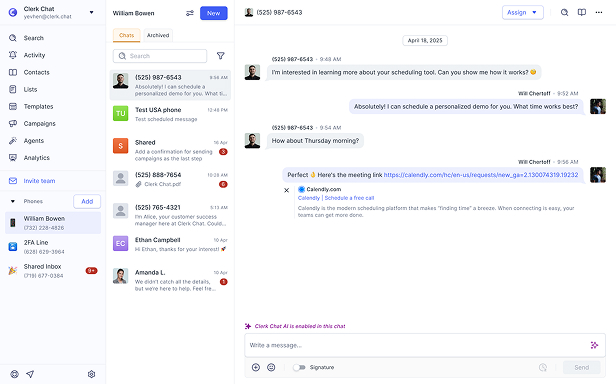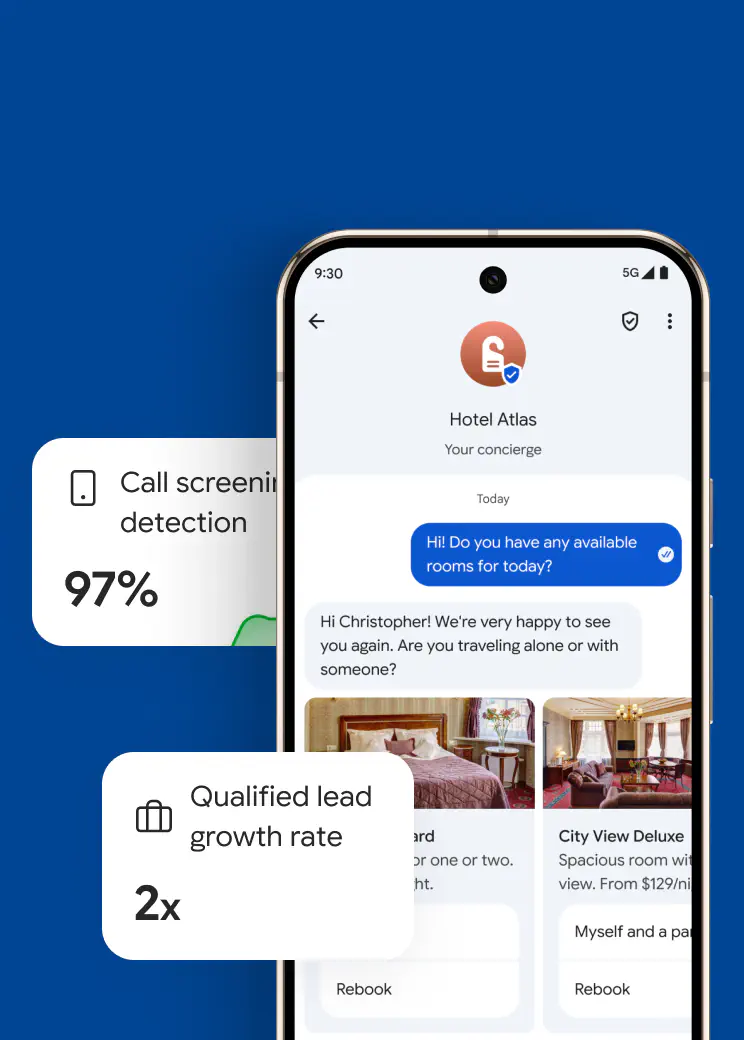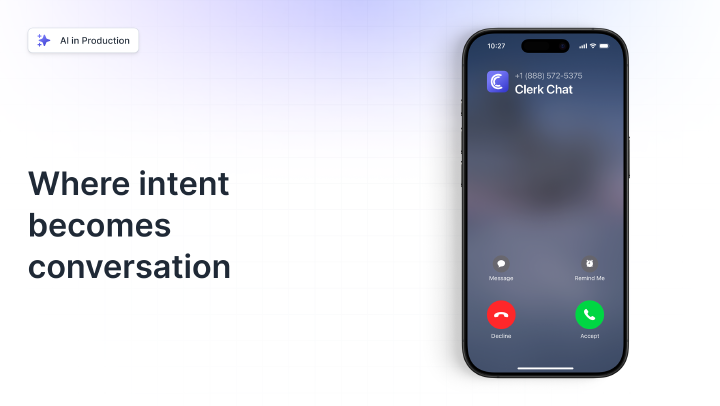Bulk SMS
[bʌlk ˈɛs ˈɛm ˈɛs]Bulk SMS is the practice of sending text messages to multiple recipients simultaneously through automated systems. Businesses use bulk SMS to deliver time-sensitive information, promotional offers, and important updates to hundreds or thousands of customers at once.
Why bulk SMS matters
Bulk SMS delivers immediate impact for businesses needing to reach customers quickly and reliably. With 98% of text messages read within three minutes, bulk SMS outperforms email marketing’s 20% open rate by nearly five times. This direct communication channel drives measurable results - retailers report 20-30% redemption rates on SMS coupons compared to 2-3% for email offers.
The technology serves critical business functions beyond marketing. Healthcare providers reduce appointment no-shows by 30% through automated reminders. Schools ensure parents receive emergency notifications within seconds. Service businesses confirm appointments and send real-time updates about technician arrivals. This versatility makes bulk SMS valuable across industries where timely communication affects revenue and customer satisfaction.
How bulk SMS works
Bulk SMS operates through specialized platforms that connect businesses to mobile network carriers:
Message creation - Compose your message within the 160-character limit for standard SMS or 1,600 characters for concatenated messages
Recipient management - Upload contact lists or integrate with your CRM to select message recipients based on segments or criteria
Compliance verification - The platform checks that recipients have opted in and adds required unsubscribe information
Carrier routing - Messages route through aggregators to reach carriers like Verizon, AT&T, and T-Mobile
Delivery tracking - Real-time analytics show delivery rates, failures, and engagement metrics
The entire process typically completes within seconds, even for campaigns reaching thousands of recipients. Modern platforms include features like scheduled sending, personalization tokens, and two-way messaging capabilities.
Best practices with bulk SMS
- Obtain explicit consent - Always get written opt-in permission before adding numbers to your bulk SMS list
- Time messages strategically - Send during business hours in recipients’ time zones to maximize engagement
- Keep messages concise - Front-load important information within the first 50 characters
- Include clear CTAs - Tell recipients exactly what action to take (“Reply YES to confirm”)
- Segment your audience - Send relevant messages to specific groups rather than blast everyone
- Monitor delivery rates - Track failures and adjust your approach if rates drop below 95%
- Test before sending - Send test messages to ensure proper formatting and link functionality
Real world examples
- Retail
Flash sale alerts increased foot traffic by 45%
Read more - Healthcare
Appointment reminders reduced no-shows by 30%
Read more
Common misconceptions
Legitimate bulk SMS requires opt-in consent and provides value to recipients through relevant updates and offers.
Businesses use bulk SMS for appointment reminders, shipping updates, emergency alerts, and internal communications.
Professional bulk SMS platforms achieve 95-98% delivery rates with proper sender verification and compliance.
Bulk SMS costs 1-5 cents per message, making it more affordable than traditional advertising channels.
SMS has a 98% open rate within 3 minutes, significantly higher than email's 20% average.
Related terms
In this article:
Ready to use your business number for text messaging?
Thousands of businesses are already experiencing the power of conversational messaging through SMS. Join us. Free trial and paid tiers available.
Get StartedFAQ
Have questions? We've got answers.
Find what you need quickly and clearly with our most frequently asked questions.
Bulk SMS platforms typically support sending thousands to millions of messages per campaign. The exact limit depends on your provider, account type, and compliance status. Most businesses send between 1,000-100,000 messages per campaign, with larger enterprises sending millions monthly.
While often used interchangeably, bulk SMS typically refers to sending identical messages to large groups, while mass texting can include personalized messages sent at scale. Both require proper opt-in consent and follow the same compliance regulations for commercial messaging.
Yes, you need a bulk SMS platform or API to send messages at scale. Standard phones can't handle high-volume sending and lack features like scheduling, analytics, and compliance tools. Professional platforms also ensure proper delivery rates and carrier compliance.
Bulk SMS typically costs between $0.01-0.05 per message in the US, with volume discounts available. Factors affecting price include message volume, destination country, sender type (long code vs short code), and whether you're using standard SMS or MMS.
Yes, bulk SMS is legal when you follow regulations like TCPA in the US, GDPR in Europe, and similar laws elsewhere. Key requirements include obtaining explicit opt-in consent, providing clear opt-out instructions, and identifying your business in messages.
The optimal sending time is typically Tuesday-Thursday between 10 AM-12 PM and 2-4 PM in your recipients' time zones. However, this varies by industry - restaurants see better engagement around meal times, while B2B messages perform best during business hours.



